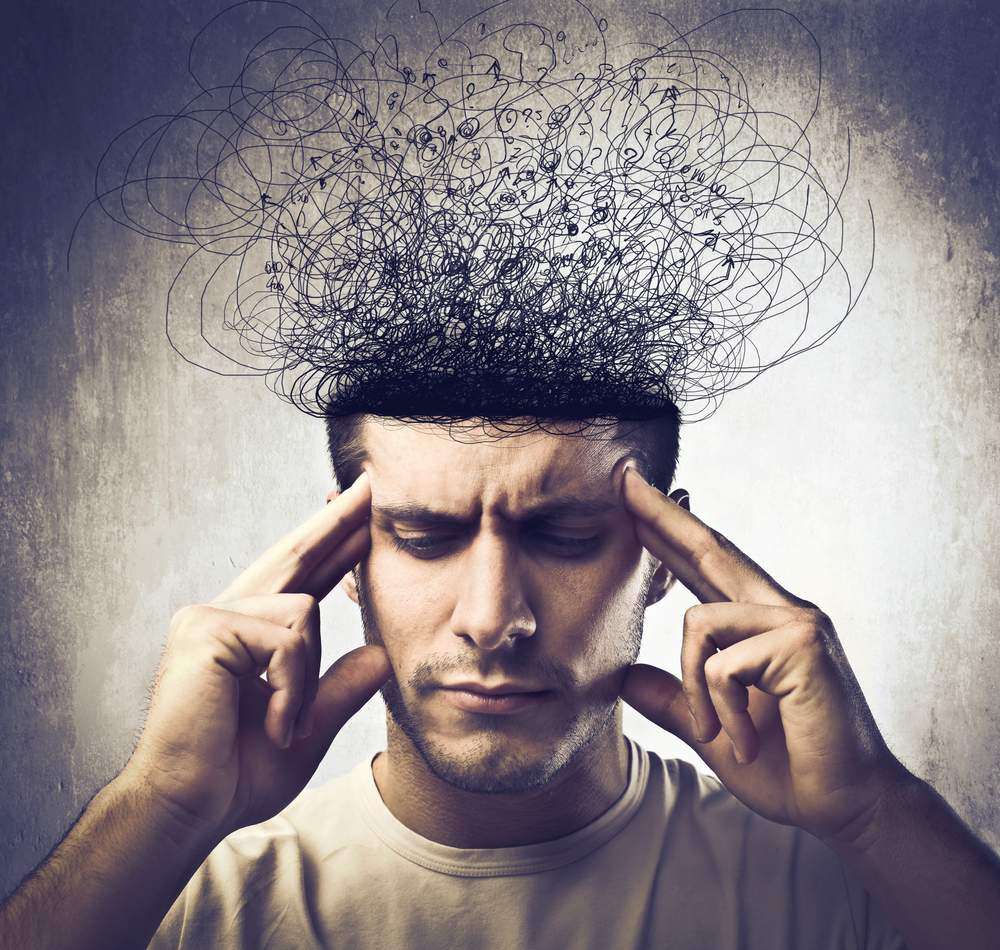The brain is an organ that is complex and it controls thinking, memory capability, emotional reactions, touch, motor skills, sight, inhaling and exhaling, body temperature, hunger, and many other processes. So, the brain and spinal cord, which extend from it, make what is known as the central nervous system (CNS).
Facts
- The brain content is made up of about 75% of water. Therefore, any amount of dehydration may bring adverse effects on the functioning of your brain.
- During growth, the brain grows 3 times the expected size in your first year of life. The increase continues up to about 18 years of age.
- Any time you experience a headache, it comes as a result of a chemical reaction in the brain. This has also a combination of muscles and nerves of the neck and your head.
- The brain uses 20% oxygen and blood from the whole of your body.
- Intake of alcohol brings effects on your brain such as blurred vision, stammering, and staggering. These effects go away once you get sober again. However, making drinking alcohol a habit may affect the brain permanently. You may develop long-term effects such as memory issues and a reduction in cognitive functioning.
- The human brain becomes smaller as one gets older. Also, it may happen after middle age.
- The brain starts to lose some memory abilities, and also some cognitive skills in the late 20s.
- Brain experiences ice cream headache (sphenopalatine ganglion neuralgia) when you eat or drink very cold things. This chills the blood vessels and arteries at the back of the throat. It also includes the ones that take blood to the brain. So, it constricts when cold, and opens again when warm again. This causes pain in the forehead.
- It is believed that dreams are a combination of factors like imaging, phycological, and neurological factors. This is proof that the brain works at all times, even when asleep.
- The brains of older people are not slow because of being weak but because of holding too much information.
- The brain is only about 2 percent of the body mass but uses about 20 percent of its blood.
- Your brain can survive for up to around 6 minutes even after the heart has stopped.
Conditions that affect the brain

There are several conditions that may affect your brain. However, they are grouped into different categories namely;
- Injuries to the brain like concussions
- A cerebrovascular injury like a stroke
- Tumors for instance acoustic neuromas, and schwannomas
- neurodegenerative disorders for example dementia.
- Psychological conditions example anxiety, and depression.
General symptoms of a brain injury
- Experiencing a severe headache
- Nausea and vomiting
- Feeling confused or disorientation
- Dizziness
- Feeling exhausted
- Having problems with your speech.
- Unusual sleeping patterns for instance more or less
- Unexpected emotional responses
- Convulsions
- Sensory issues like blurred vision.
- Having some trouble when remembering things and concentration difficulties.
- Issues with mobility and feeling of your body parts.
- Coma
Tips for a healthy brain
- Avoid smoking– Smoking is risky for your overall body health as well as declining your cognitive ability.
- Wearing protective headgear– Whenever spotting, riding, and cycling, wear protective gear to avoid injury.
- Exercise regularly– exercise helps to improve your emotional health, improve your ability of learning, reduce any type of anxiety, and reduce the decline in cognition.
- List of Accredited Private Universities in Kenya
- Egerton university, fees, location, courses.
- Mount Kenya University history, fees, courses
- Public Universities in Kenya
- List of best private primary schools in Kirinyaga County.
- Kenya Institute of special education, courses.
- What is the history of Kenyatta University?